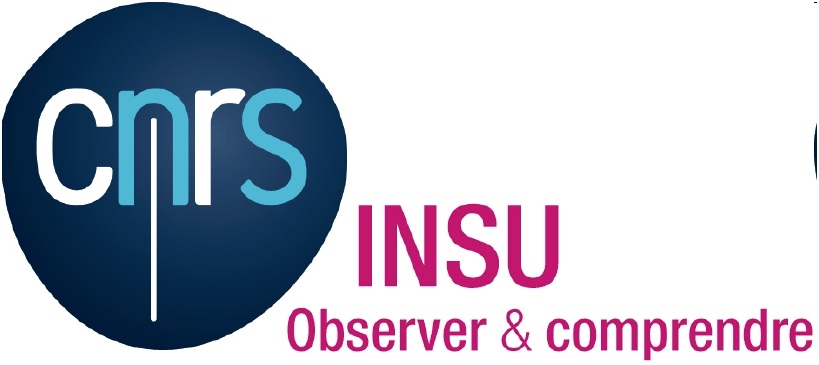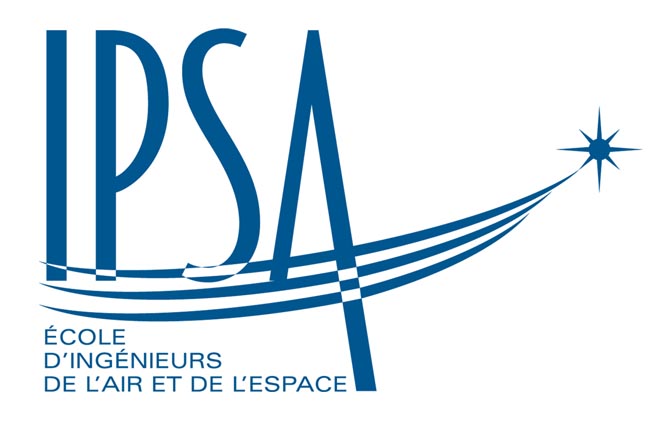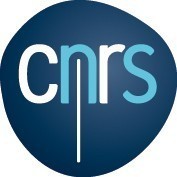Program
The modeling of the dynamics of the solar system needs astrometric observations on a large interval of time: to validate the scenarios of evolution of the system and to be able to provide ephemerides extrapolable in the next future.
The Gaia reference star catalogue will allow us to make astrometric reductions of observations with an increased accuracy thanks to new positions of stars. The challenge consists in increasing the astrometric accuracy of the reduction process. More, Gaia will observe solar system objects and we should define which objects will need ground based or space observations in the near future. The Phemu campaign were a valuable source of astrometric data and should be evaluated in the scope of the Gaia accuracy.
Our meeting will be organized in two parts:
-On October 14-15-16, in Meudon observatory, a workshop where we will discuss in small groups about the following questions and try to answer them. Please propose a talk on one of these topics.
- Which objects are still worth to be observed since Gaia will observe most of solar system objects?
- For which objects, ground based observations will be necessary completing space probes data? Which telescopes and targets for next astrometric observations?
- How to increase the astrometric reduction using the Gaia reference catalogue?
- For which past observations should we make a new reduction with the Gaia catalogue?
- How to increase the accuracy of the mutual events to challenge astrometric imaging with Gaia and continue Phemu campaigns?
- Will mutual events reduction be helpful for extra-solar planet transit reduction ?
- How the star occultation observations will benefit from the Gaia project?
- What should be the astrometric observational program in the next ten years ? Will dynamical studies be able to help defining the astrometric observational programs of the next years?
- Will amateur astronomers participate to the next observational campaigns after their participation to phenomena (mutual events, star occultations) observations ?
- What next telescope generation shall be used for solar system astrometry (ELT, LSST, JWST, ALMA, ...)?
- Observing planets through their satellites: how to increase accuracy?
- Observing bright satellites (Galileans): which techniques to be used?
- Outer irregular satellites, asteroids: what are the priorities?
- The pre-discoveries of small objects on old photographic plates: the methods to be used
-On October 17-18, in Paris observatory, we will present the results of our past campaigns especially the Phemu 2015 campaign which was very successful and we will welcome more observers of the former campaigns willing to continue to participate and wishing to take into account the Gaia project for the future campaigns of observations. You may present the results of your observations and your projects for the future.
You are invited to send us the registration form for proposing communications on these topics either for the first workshop days for a large part of discussion and also communications for the last two days with a larger number of participants among them amateur astronomers wishing to continue participating to observational campaigns.
For registration, click here or on the Registration page, above.Contact:
J.E. Arlot







